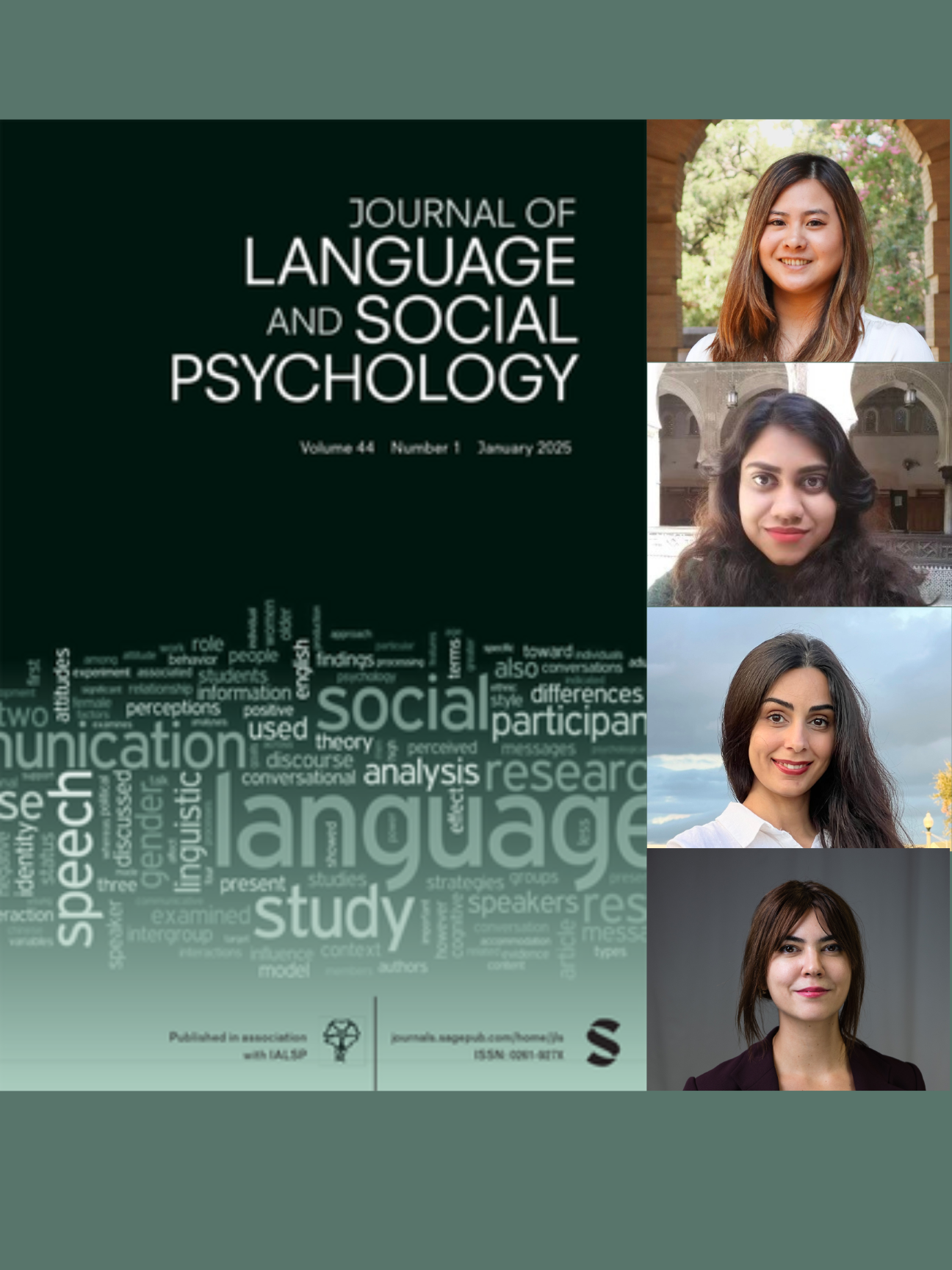
Our graduate students, Megumi Sakamoto, Nasim Vaseiezadeh, and Imge Dogan, in collaboration with a PhD student from the University of Washington Department of English, Lily Tun have published a paper at Journal of Language and Social Psychology.
The study examines the relationship between the gender status of spoken languages and attitudes toward gender equality. Studies show that gendered languages subconsciously contribute to a masculine–feminine dichotomy, favoring men, while genderless languages minimize the reinforcement of gender stereotypes. Using data from the World Value Survey Wave 7, the authors analyzed if speaking a genderless language at home and living in a predominantly genderless-language-speaking country is associated with gender ideologies across four subcultural groups. Ordered logistic regression results show that genderless languages have mixed relationships with gender ideology. Whereas the use and exposure to genderless languages most significantly increase the odds of opposing domestic violence in Orthodox Europe, West, and South Asia, and the African Islamic subgroups, genderless language has the highest positive association with support for income equality in marriage in Latin America. Our findings highlight the relationship between genderless languages and gender equality.
